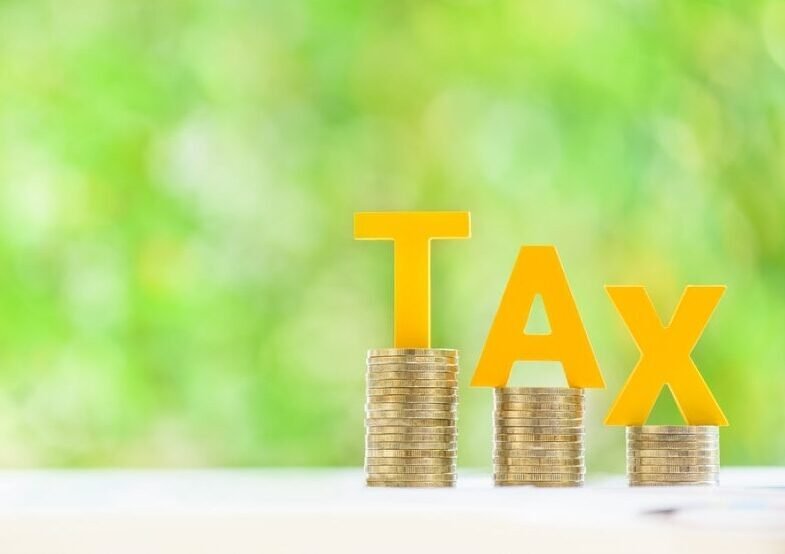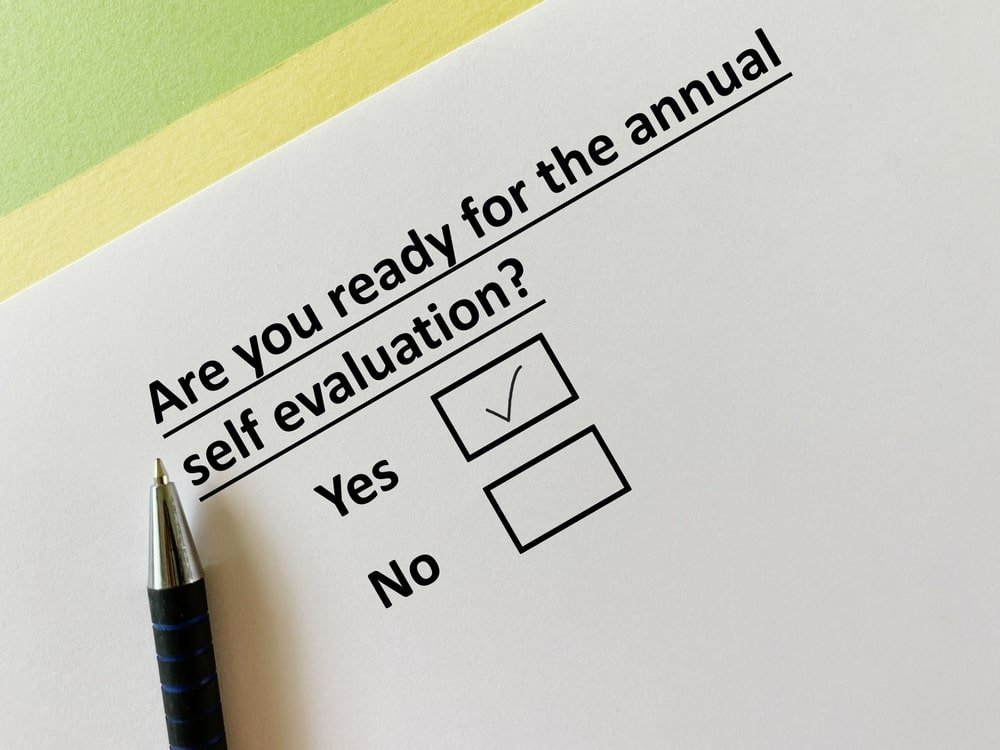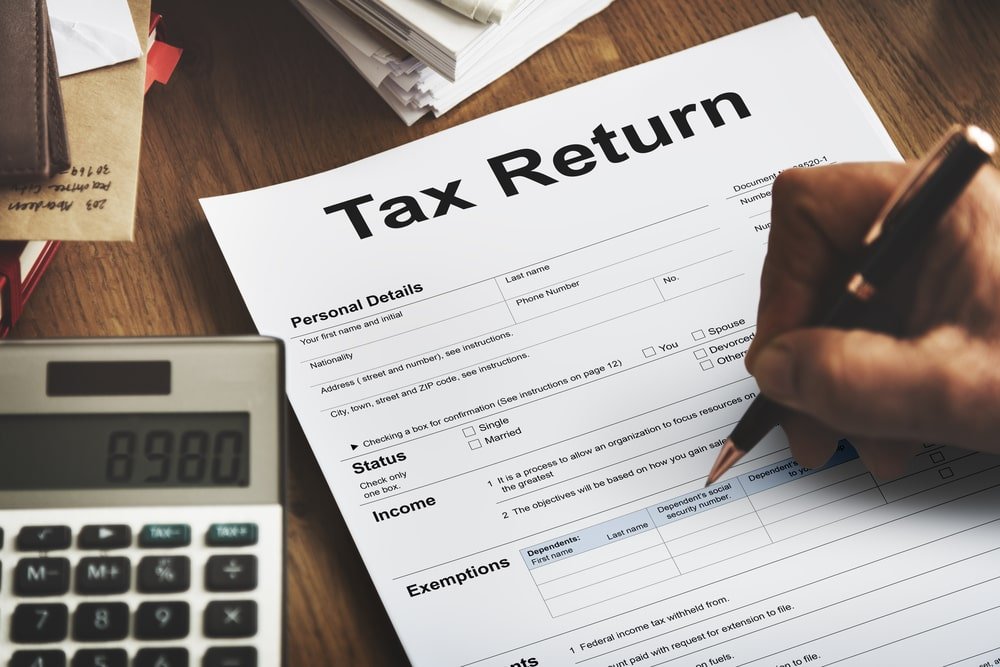Self Assessment Return
Introduction
Fundamental process by which people report their gains and taxable income to HMRC interest rates is through self-assessment. This proactive strategy entails filing a specific Self Assessment tax return, giving taxpayers a customized way to handle their financial obligations.
Self Assessment is a proactive and customized approach that satisfies legal requirements while also motivating people to take an active role in handling their tax obligations. A clear and effective system for reporting and settling tax obligations is ensured by this cooperative approach between tax authorities and taxpayers.

Advantages of Self assesment return:
Accountability and Transparency
People who actively engage in the Self Assessment process support a system that places a high priority on accountability and transparency regarding finances. Together, these efforts improve the tax system's overall integrity.
User-Friendly Approach
Self-assessment promotes a tax compliance strategy that is easy to use. By giving people a direct say in how they manage their tax obligations, it makes the entire process more flexible and accessible to different situations.
A Guide to Tax Compliance
It's critical for people to understand Self Assessment in order to fulfill their tax obligations on time. There are several situations in which you may be required to file a tax return, and knowing these situations is crucial to a smooth tax filing procedure.
Key components of Self Assesment
Interactive process
Self Assessment is an interactive process that allows taxpayers to actively participate in determining their tax obligations; it's more than just a declaration. This practical method improves accountability and transparency.
Compute and Pay
In addition to disclosing financial data, one of the most important parts of self-assessment is computing and paying any unpaid taxes. This guarantees that people understand their financial responsibilities completely and pay them on time.
Financial Disclosure
For a given tax year, individuals must fully evaluate and report their income and gains. This thorough reporting guarantees that HMRC receives accurate information about all pertinent financial details.
When to File a Tax Return for Self-Assessment :
Receiving a Notice to File:
If HMRC sends out a "notice to file," people are required to file a tax return. It is imperative that one complies with official notifications, as stated above, unless HMRC consents to cancel the return.
Untaxed Income Situations :
You probably have to file a tax return if you have any untaxed income. Typical situations involve self-employment, having a business partner, or serving as a director of a company and earning income that is not subject to PAYE.
Property Income:
Unless they qualify for certain allowances such as rent-a-room relief or the annual £1,000 property allowance, people who have property income whether from renting out a room, garage, or entire property may need to file a tax return.
Tax Relief Claims and Charges:
Filing a tax return is necessary if you want to claim tax relief on employment expenses that exceed £2,500 per year, if you have a high-income child benefit charge, or if you have untaxed savings income or capital gains tax obligations.
How to register for the Self Assesment:
Time Is Everything:
Generally, the tax year in which your income or gains first appeared to register with HMRC for Self Assessment. If you miss this deadline, you might be penalized. Even if you reported a property disposal within the allotted 60 days, you might still need to register separately for Self Assessment.
Online Registration :
To make the registration process more convenient, consult Alpha Tax Advisors in Uk where ypu can find more information or get help to see your options for online registration.

Self-Assessment Complete Guide
Self-Assessment is a methodical procedure that uses an online form that can be accessed via the HMRC website (although there are occasionally paper form options as well). Using this method, people have to answer a series of questions about their income and circumstances from the previous fiscal year.
Precise Details Needed
Self-assessment participants are asked to provide a variety of details. This includes details regarding their employment history, marital status, sources of income, and any applicable allowances or benefits.
Details Regarding Self-Employed
For independent contractors, like sole proprietors, the procedure also includes adding specifics regarding company spending.This includes a balance sheet, a profit and loss account, and an extensive breakdown of expenses.
Preserving Tax Separation
Keeping tax payments separate from net salary for the duration of the year is a recommended practice for self-assessment. This division keeps things clear and keeps tax obligations and personal income from getting mixed up by mistake.
Quick Settlement with HMRC
Paying taxes on time is a crucial component of self-assessment. Tax penalties may apply if payments are not made on time. It is imperative to adhere to due dates and promptly satisfy financial commitments made to HMRC.
Useful tips for Self-Evaluation:
Organized Record-Keeping:
The Self-Assessment process is streamlined by keeping careful records of income, expenses, and pertinent documents throughout the fiscal year.
Frequent Monitoring:
Accurate and current submission is ensured by routinely keeping track of tax obligations and remaining informed about changes in personal circumstances.

Things to Know Before You Start:
Make sure you have the following paperwork and forms on hand before starting to work on your company tax return:
P11d :
Compile information from your p11d form detailing any benefits or expenses. Make sure you have your P45 if you changed jobs during the course of the year.
Business records:
If you work for yourself, be sure to prepare your profit and loss statement and thorough business documentation.
Certificates of Contributions:
: Keep in mind your certificates of personal pension contributions. They are essential for precise tax computations. Unless specifically requested, do not include receipts, accounts, or additional documentation with your tax return.Incorporating extraneous documentation will prolong the processing duration and postpone any possible tax reimbursement.
P60 Certificate:
Make sure you have your P60, a crucial record that summarizes your income and deductions at the conclusion of the tax year.
Financial Statements:
To obtain precise financial information, gather bank statements, building society passbooks, dividend counterfoils, or investment brokers' schedules.
Paye notice of coding:
Keep any pertinent documentation if you've quit your job, such as P2 PAYE coding notices, or details of the employee leaving the company. You will also need the P2 PAYE Coding Notice to finish your tax return.
Ensuring efficiency and timely completion of the tax return process can be achieved by adhering to these guidelines. Please get in touch to AlphaTax Advisors in Milton Keynes if you need help or if you have any questions. Have fun with your filing!
Penalities in tax return
Individuals may be subject to four different kinds of penalties under the Self Assessment regime. It’s important to understand these fines because there are several ways in which they can be challenged. Possessing a legitimate justification, handling exceptional circumstances, or proving that reasonable efforts were made to guarantee accurate tax reporting are all grounds for an appeal. It is important to remember that overdue taxes are subject to interest.

Self-assessment Penalties Types:
Penalty of Late Filing:
The penalty starts at £100 and can go up to £1,600 a year or more depending on how long the tax return filing delay lasts.
Penalty for Late Payment:
Based on the amount of unpaid tax at the deadline, this calculation is made. Based on the amount of unpaid tax at the deadline, this calculation is made. When taxes are not paid by the deadline, a penalty is assessed.
Neglect to Report Penalty:
Usually computed based on the total amount of taxes not paid as a result of the notification breach. The penalty is calculated on January 31st of the year after the tax year.
Error Penalty:
Determined as a proportion of the tax that remains unpaid as a result of inaccurate reporting. When it is discovered that the information reported was false, this penalty is applied.
Penalties can be appealed:
Within 30 days of receiving the penalty notice, an appeal may be filed for any of the aforementioned penalties. Providing a valid justification, outlining unique circumstances, or proving that reasonable care was taken to guarantee accurate tax reporting are all grounds for appeal. Another factor to take into account is interest on overdue taxes, which highlights how crucial it is to pay taxes on time to avoid penalties.
People can handle the Self Assessment process more confidently and ensure compliance with tax regulations while taking care of any extraordinary circumstances that may arise if they are aware of these penalties and the appeals process.
Who Needs to File a Tax Return :
Certain conditions must be met during the previous tax year in order for you to be required to file a tax return. To guarantee adherence to tax regulations, it is imperative to comprehend the requirements.Submission of Tax Returns Is Required for followings.
Self-employed People:
You must file a tax return if you were a "sole trader" and made more than £1,000 (before deducting any tax relief claims).
Partners in a business alliance:
Tax returns must be filed by anyone who participated in a business partnership during the tax year.
Income surpasses £100,000
You must file a tax return if your total taxable income in the previous tax year exceeded £100,000 in total.
Child Benefit for Income:
Tax returns for those liable for the High Income Child Benefit Charge must be filed.


Maintaining Records for Tax Returns :
Keeping track of your taxable income and gains is essential to filing your taxes correctly. Although original documents are not required to be sent to HMRC, having them on hand is crucial in case there are any follow-up inquiries.
Keep records for self-employment and real estate revenue, including:
Bills for completed work.
Receipts for paid-for expenses.
Statements from banks.
Statements from real estate brokers or information on rental income.
Records supporting your tax return should be kept for five years following the regular deadline of January 31 if you are self-employed or involved in property rental. Maintain records for 12 months following the same deadline, or 15 months if filing after the deadline, for non-self-employed individuals without property income who file on time.
Switching to Digital Records:
Records can be stored digitally or on paper. But be advised that HMRC intends to implement a digital record-keeping system for property income and trading. It is advisable to get ready for this transition in order to be ready for any future changes.
You can expedite the tax return process and ensure accuracy and compliance with HMRC requirements by following these guidelines and keeping well-organized records.
Self employment
Information about your self-employment earnings and outlays to determine your annual trading profit or loss.
Rental Income
Information about the revenue and expenses from your property to determine your annual rental profit or loss.
Work and Retirement Benefits
Employment and pensions income information, including forms P60, P11D, and P45 from any jobs you've held.
Interest Earnings
certificates of interest issued by building societies or banks.
Contributions to a pension
Specifics of pension contributions made to schemes that provide relief at source.
Capital Gains
Information about any capital gains that are chargeable in the specifics of any capital gains that were subject to charges during the year.
To sum up, a thorough grasp of both individual and corporate tax obligations can be gained by looking through Self Assessment tax returns, P11D forms, Paye coding notices, and company tax returns. Important components include the function of Paye coding notices in salary deductions and the importance of transparent reporting through P11D forms. The Company Tax Return highlights the need for businesses to exercise fiscal responsibility, and NDDS and HMRC interest rates help manage the complex financial aspects of tax obligations. Alpha Tax Advisors in london are integrated to improve communication in line with HMRC’s digital evolution. All things considered, this complex environment highlights how crucial it is to report accurately, to be transparent, and to keep up with the rapidly changing digital landscape when it comes to self-assessment.

